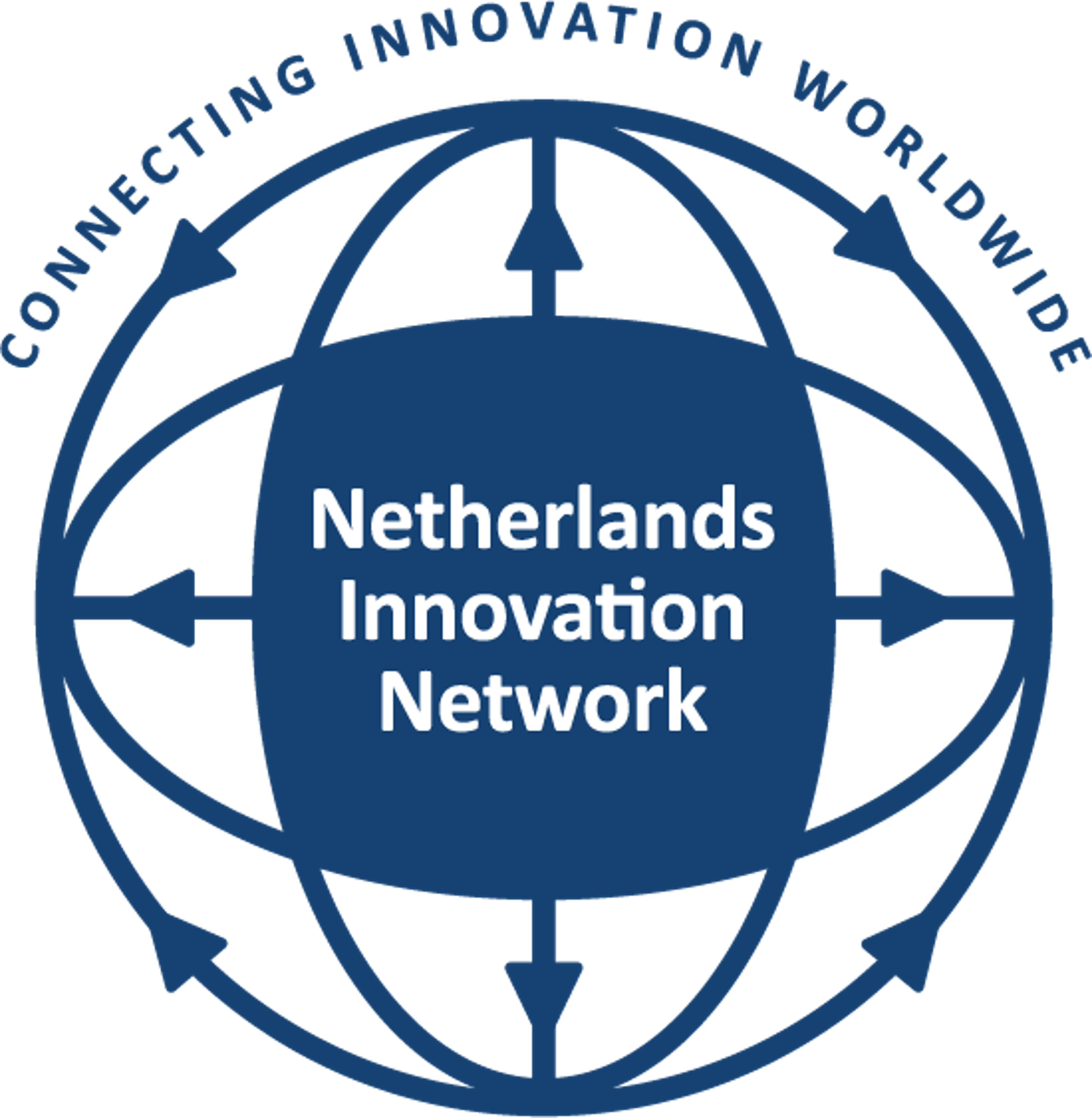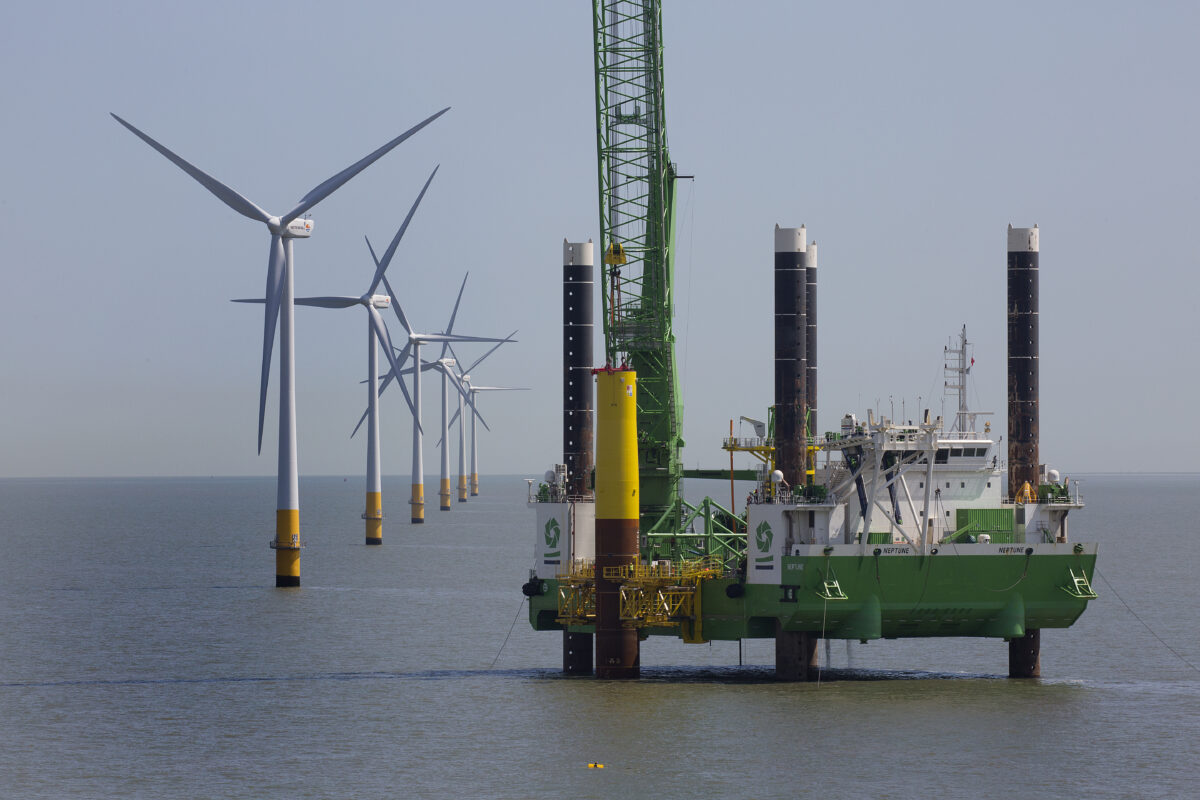The main topic of the Energy Dialogue Seminar is Energy Transition. Energy Transition meaning: the development and deployment of Low and Zero Carbon resources. It is a popular item on the Nationally Determined Contributions (NDCs) that fuel the emission goals under the Paris Agreement.
This seminar will highlight some of the key players in the field of Energy Transition in the Netherlands and China. These include front-runners in areas from Low Carbon power generation to energy storage to industrial end consumers of green energy.
Details of the seminar
Date: August 29, 2022
Time: 08:30 – 12:20 (the Netherlands); 14:30 – 18:20 (China)
Location: On-line (zoom) and on-site (Dongjiao State Hostel, Pudong, Shanghai)
Theme: Energy Transition
Topics: Electrification, Battery technology, Hydrogen, Off-shore power generation
Moderator: Paheerya Yushan
Program, time in CET+6
- 14:30-14:45 Official opening
- Xu Jie, Deputy Director-General of International Cooperation of MOST
- Sandor Gaastra, Director General for Climate and Energy of Dutch Ministry of Economic Affairs and Climate Policy
- Peter Molengraaf, figurehead of Top Sector Energy
- Huang Hong, Vice Director of the Shanghai Municipal Science and Technology Commission
- 14:45-16:05 Parallel session Water: Offshore and Hydrogen
- Rene van der Meer, Neptune Energy
- Hu Teng, SPIC
- Marcel van de Kar, Vopak
- Jens Eskelund, A.P. Moller-Maersk
- Hack Heyward, NedStack
- Feng Xiangao, Sinotech
- Julio Garcia, New energy Coalition-Hydrogen Economy
- 16:20-17:10 Parallel session Electricity: Batteries and Electrification of the Industry
- Tang Weiping, Jiaotong University
- Tim Aanhane, LeydenJar
- Eric Appelman, Brightlands Chemelot
- Yida Deng, Hainan University
- 17:10-17:25 Keynote
- Nico van Dooren, Port of Rotterdam
- 17:25-18:10 Round-table discussion
- Shuyi Li, Rocky Mountain Institute
- Vivien Chu, Vopak
- Tang Weiping, Jiaotong University
- Roya Zhang, NFIA
- Yu Jun, Green Technology Bank
- Jushan Zhou, Port of Rotterdam
- 18:00 Closure
- Freek Jan Frerichs, Netherlands Embassy in Beijing
Confirmed speakers
Eric Appelman, CTO, Brightlands Chemelot Campus
The chemical industry is a large emitter of CO2 and a lot of that is produced by heating for high-temperature processes. Electricity is a very suitable alternative to provide this heat and has the potential to do so in a carbon neutral way, when generated in a renewable fashion. At Brightlands Chemelot Campus we foster such heating technologies to ensure a sustainable future of the chemical industry.
Marcel van de Kar, Global Director New Energies of Vopak
Vopak is developing new infrastructure solutions to actively contribute to the introduction of future vital products, focusing on low-carbon and renewable hydrogen, ammonia, CO2, flow batteries and sustainable feedstocks. We currently pursue 10+ infrastructure projects and studies. Our expertise and our presence in the main industrial clusters makes us well-equipped to actively contribute to the development of new supply chains for the energy and feedstocks of the future.
Tang Weiping, President of Shanghai Institute of Advanced Energy Power Source Technology
Power batteries are at the basis of realizing China’s “dual carbon” strategy and solving energy security. Insufficient supply of lithium resources may become a bottleneck restricting the development of new energy vehicles, and lithium ion sieves are expected to bring about a technological revolution in the extraction of lithium from salt lakes. Safety, life-cylce and material optimization are critical in the development of next-genaration of batteries (translated from Chinese).
Tim Aanhane, Business Developer at LeydenJar Technologies
A low-carbon future is a future where we live within the resource boundaries of the earth, using sustainable solutions and key technologies to experience welfare and connectivity, without having a negative impact on future generations. By providing high capacity energy storage solutions with a minimal CO2 impact during production and fitting performance to the applications, LeydenJar strives to make a major contribution to the low-carbon future we all want to be part of.
Deng Yida, Changjiang Distinguished Professor at Hainan University
The clean energy conversion and storage systems, such as hydrogen, batteries, solar cell and wind power generation, are being highly developed in recent years in Hainan. The government of China has put forward the goal to create a “Clean energy island” in Hainan. Hainan can fulfill these promising goals and can serve as an example for other coastal areas and islands, in China and worldwide.
Shuyi Li, Manager
Heavy industries can make or break our climate targets. In China, over half of the world’s steel, cement and aluminum, as well as the largest amount of major primary chemicals are produced. And unlike sectors where clean electrification alone can address most of the carbon emissions, heavy industry’s decarbonization calls for a spectrum of disruptive solutions. RMI China Program’s Industry Decarbonization Initiative applies an integrated approach to illustrate sectoral decarbonization roadmaps, accelerate development and deployment of breakthrough technologies, and cultivate zero-carbon industrial ecosystem with multi-stakeholder involvement.

